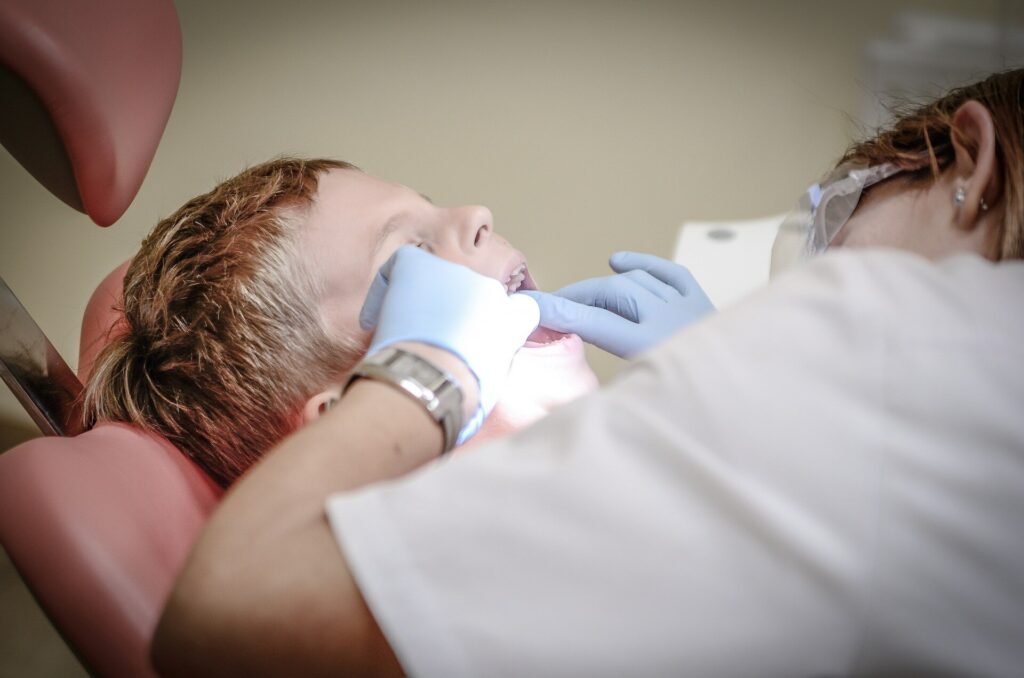A recent study published in the journal Microbiology Spectrum has shed light on a natural compound found in maple that shows promise in combating the bacteria responsible for tooth decay, specifically Streptococcus mutans.
The compound, epicatechin gallate, has been identified as a safe and potent alternative to traditional plaque-fighting agents. Its natural abundance, affordability, and lack of toxicity make it an attractive option for incorporation into oral care products such as mouthwashes. This is particularly beneficial for young children who may accidentally swallow mouthwash and are at risk of exposure to harmful chemicals.
The discovery of epicatechin gallate’s potential as a dental health aid emerged from research into natural compounds that inhibit biofilm formation in Listeria monocytogenes, a foodborne pathogen. Surprisingly, the researchers found that Listeria readily forms biofilms on various plant materials, except for maple. This led to the isolation of polyphenolic compounds from maple that inhibit Listeria attachment and biofilm formation.
Further investigation revealed that these compounds target an enzyme called sortase A, which plays a crucial role in anchoring adhesins to the bacterial cell wall. By inhibiting sortase A, the compounds prevent the adhesins from attaching to surfaces, impairing the bacteria’s ability to form biofilms. The researchers then explored whether similar mechanisms existed in related bacteria, particularly Streptococcus mutans, known for causing dental caries.
Computer modeling confirmed that maple polyphenols could bind to sortase A in Streptococcus mutans. Subsequent lab experiments demonstrated that these compounds effectively inhibit the enzyme’s activity, preventing the formation of biofilms on surfaces mimicking tooth enamel.
The most potent inhibitor identified was (-)-epicatechin gallate (ECG), a compound also found in green and black tea. While green tea has long been associated with lower rates of cavities, the study found that ECG was more effective at inhibiting biofilms than the commonly used compound (-)-epigallocatechin gallate (EGCG).
The researchers propose that incorporating ECG or other edible polyphenols with anti-sortase activity into dental products could offer a novel approach to preventing cavities by targeting biofilm formation. This strategy differs from traditional methods that rely on killing bacteria or remineralizing enamel with fluoride. Additionally, using edible polyphenols could provide a safer alternative for young children who cannot use conventional mouthwashes due to the risk of toxicity.
The research team is actively developing plant polyphenol-based dental products through a startup founded by University of Wyoming students and the lead author of the study, Dr. Ahmed Elbakush. This innovative approach holds promise for revolutionizing oral care and promoting better dental health without the use of harsh chemicals or additives.
For more information, the study can be accessed in Microbiology Spectrum (doi.org/10.1128/spectrum.00693-25). This groundbreaking research opens up new possibilities for using natural compounds to combat tooth decay and improve oral hygiene practices.


